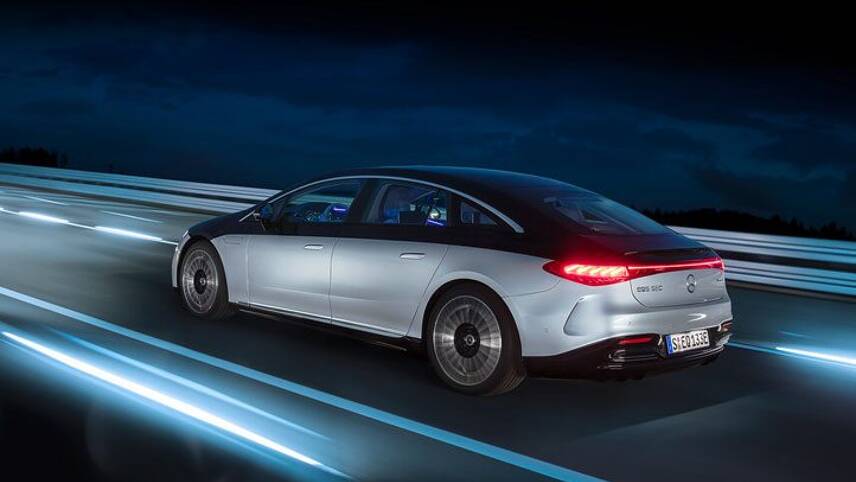Register for free and continue reading
Join our growing army of changemakers and get unlimited access to our premium content

The carmaker is forging ahead with the development of Vision EQXX – an EV that is expected to have a range of more than 600 miles
The Daimler-owned luxury vehicle company made the announcement late last week. As part of the commitment, Mercedes-Benz will offer EVs across all segments from next year. Then, from 2025, it will only launch EVs.
“The EV shift is picking up speed – especially in the luxury segment, where Mercedes-Benz belongs. The tipping point is getting closer and we will be ready as markets switch to electric-only by the end of this decade,” Daimler AG and Mercedes-Benz AG’s chief executive Ola Källenius said.
“This step marks a profound reallocation of capital. By managing this faster transformation while safeguarding our profitability targets, we will ensure the enduring success of Mercedes-Benz. Thanks to our highly qualified and motivated workforce, I am convinced that we will be successful in this exciting new era.”
The company will badge its future EV offers into three “architectures” – one to cover medium to large size passenger cars, one for electric vans and Light Commercial Vehicles and a dedicated EV performance and technology platform.
Additionally, the carmaker is forging ahead with the development of Vision EQXX – an EV that is expected to have a range of more than 600 miles.
Last year, Mercedes-Benz joined Amazon’s Climate Pledge, setting an aim to become a zero-carbon business by 2040, as well as agreeing to provide more than 1,800 EVs to the e-commerce giant’s Delivery Service Partners.
Daimler has committed to making all cars across the brand’s portfolio carbon-neutral within the next two decades. The commitment will cover the manufacture, use and end-of-life stage for all branded cars initially, with Daimler also committing to work with suppliers in order to spur the creation of carbon-neutral supply chains in the future.
Gigafactories
To assist the commitment, the German car brand will invest more than £34bn over the next eight years. It will aim to develop battery capacity of more than 200GWh and plans to set up eight gigafactories for producing cells.
The UK is taking a particular interest in gigafactories. Two new grid-scale battery energy storage projects are set to be installed in Coventry and Sandwell, with a combined capacity of 100MW.
The projects are being jointly delivered by energy infrastructure provider Pivot Power and smart energy technologies firm Wärtsilä, with support from Coventry City Council, Sandwell Council and West Midlands Combined Authority.
Nissan also looks set to transform its flagship Sunderland manufacturing facility into a £1bn EV hub that will feature a 9GWh battery production gigafactory – the first of its kind in the UK.
Further afield, Renault Group has acquired a stake of more than 20% in French industrial firm Verkor that will help with the development of high-performance battery cells for EVs and the creation of a European ‘gigafactory’.
Matt Mace


Great – but what are they doing to remove the 10-35 tons of CO2 it takes to *build* each vehicle? … similar to the amount a petrol/diesel car uses in its lifetime.